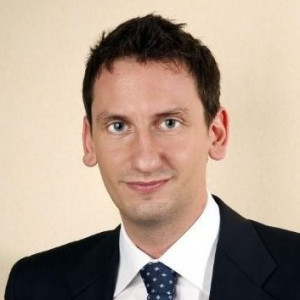Having prepared on multiple platforms, with multiple case partners and passed first rounds at a a couple of MBBs. I'm still confused as to what works best for structuring: Up until now I use 'buckets' in the form of 'categories' to structure my thought (e.g, Customers, Company etc.). However, I found that some case solutions use questions for structuring (e.g. how can we win this market?, what are the drivers for X?)
What are best practices from your experiences? I'm preparing for final rounds at the moment.














